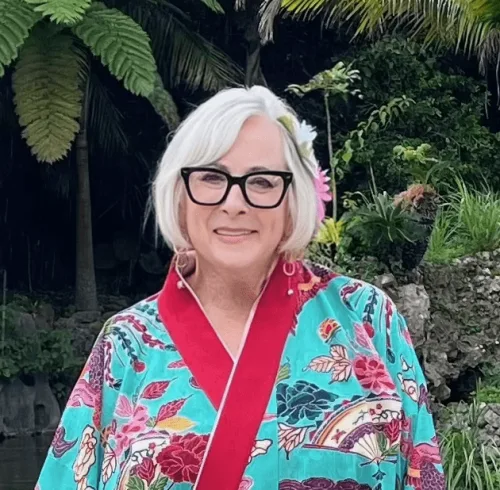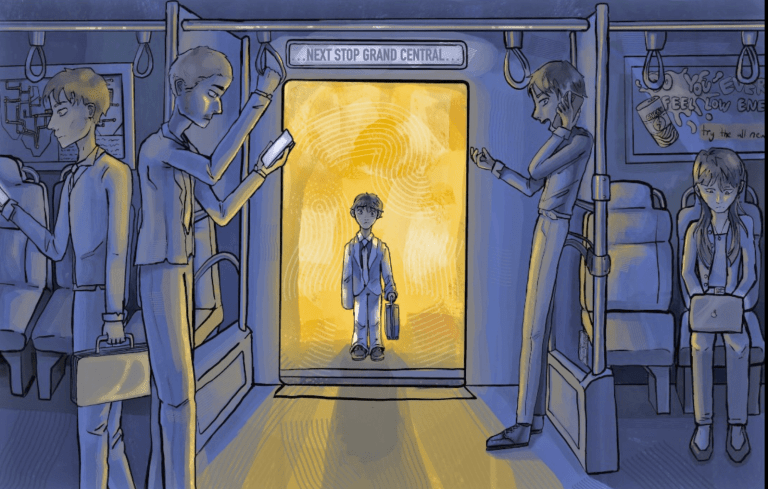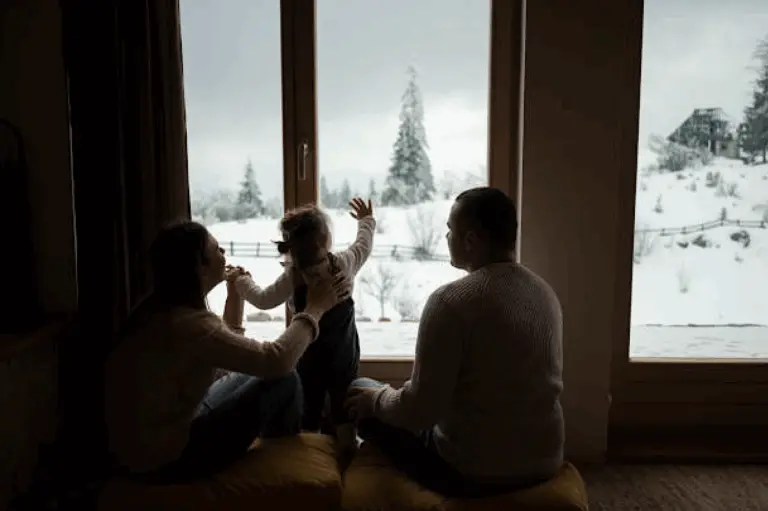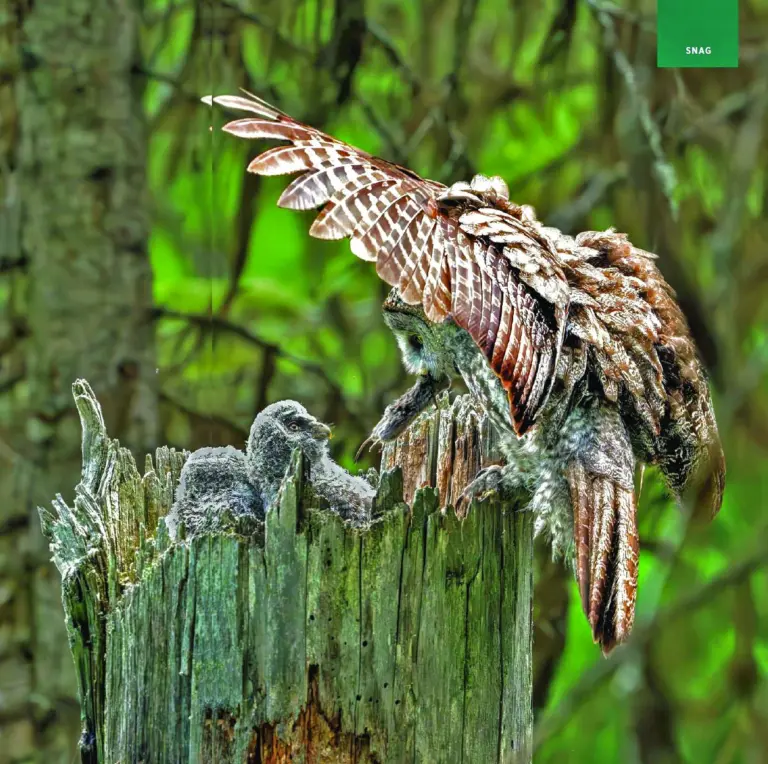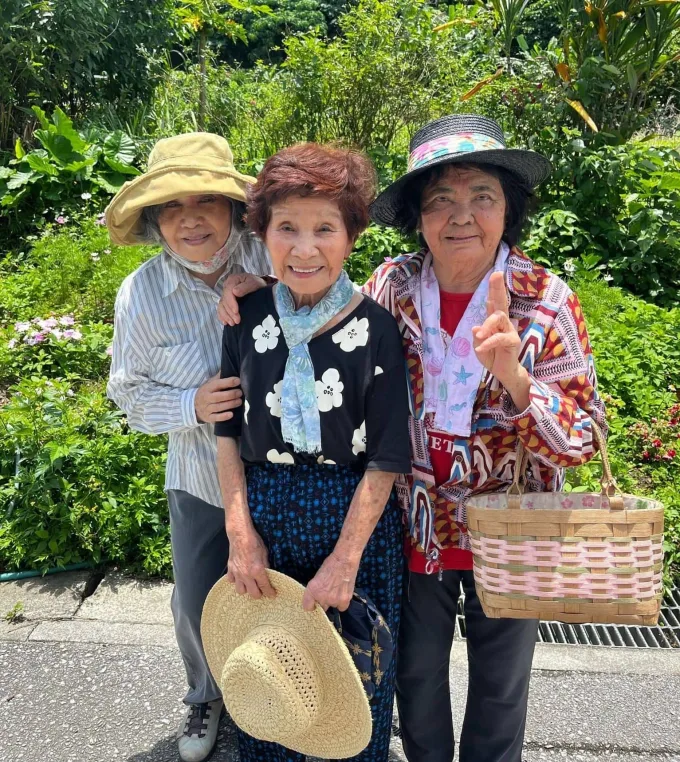
By Mimi Santry
Recently my colleague, Robin Staver, shared that she was traveling to Japan for a trip focused on that area’s exceptional longevity and lower rates of chronic disease. Okinawa, the smallest and least populated of Japan’s five main islands, is designated as one of the five original Blue Zones – which additionally includes Sardinia (Italy), Nicoya (Costa Rica), Ikaria (Greece), and Loma Linda (California). Blue Zones, a term popularized by researcher Dan Buettner, are geographic regions where the residents live significantly healthier lives and often reach 100 years and older. “The three leading killers in the West – coronary heart disease, stroke and cancer – occur in Okinawans with the lowest frequency in the world. On average they spend 97 percent of their lives free of any disabilities.” Journal of Gerontology: Medical Sciences by Bernstein, Adam, Wilcox, Tamaki et al.
Robin’s interest in Blue Zones stems from her work as a geriatric care manager and special needs specialist. Through her company Staver Care Management LLC, Robin provides care management services to older adults and adults with disabilities, and if required, acts as a court appointed guardian. She has become fascinated by why certain individuals thrive while others face health challenges. An educational trip focused on health and longevity and the opportunity to see Japan was an opportunity she couldn’t pass up.
Here are some of Robin’s takeaways of why the residents in Okinawa outlive their cohorts.
Stay Active with Natural Activities
Okinawans stay active throughout their lives, not through programmed exercise programs, but through daily activities. Because they often sit on tatami mats, their bodies are conditioned to be flexible and strong. Coming from a farming-based economy, there are many physically demanding chores and household work that promote fitness. Walking and climbing are part of their everyday lives. Many residents continue working into their 70’s and 80’s. There is no word for retirement in the Okinawan vocabulary.
Follow the 80 Percent Rule
Okinawans have a ritual of saying “Hara hachi bu” before meals. This 2,500-year-old Confucian slogan reminds them to eat with intention and stop eating when their stomachs are 80% full. As a result, Japan has one of the lowest obesity rates among developed nations. This focus on moderate food consumption helps prevent obesity and many related chronic diseases.
Embrace a Slower-Life Style
Okinawa prides itself on being less stressful and more healthful than many other Japanese cities. The local vocabulary reveals many of these concepts. The expression “Nankuru nai sai” means “things will work out somehow” which hints at a positive outlook. In a culture that is known for punctuality, the Okinawan phrase “uchinaa time” refers to the more relaxed pace in this region. Okinawans also embrace napping as contributing to well-being and longevity. Instead of seeing it as “lazy”, they see it as a tactic to stay recharged and active.
Social Connection and Support
In Okinawa, a huge value placed on social connection and community support. One unique social dynamic is the Moai, a formal social support groups that typically starts in early childhood and continues for a lifetime. Originally Moais were economic collectives, formed to pool resources of an entire village for emergencies and special projects. These groups are formed early – typically about five young children are paired together, and they are encouraged to establish essentially a second family. They meet regularly and are tasked with stepping in when others need support. Even now, roughly half of Okinawans report being part of a Moai and some even belong to multiple groups. This system of mutual aid provides a strong sense of purpose or “ikigai” that keeps older Okinawans engaged and active.
Plant Based Diet with Super Foods
The Okinawa diet is full of nutrient rich plant-based foods. They consume a lot of sweet potatoes, soy, grains, vegetables, bitter melon, turmeric, daikon radish, bamboo shoots, cabbage, and seaweed. Fish and lean meats, particularly pork, are eaten but in much smaller quantities than other diets. The diet emphasizes whole, unprocessed foods. Red meat and dairy are avoided or consumed in limited quantities. Because crops can be grown in Okinawa year-round, they consume less salt cured meats/ foods.
Respectful Attitude Toward the Elderly
Based on Confucianism, Japanese culture places a high value on respecting and caring for older people. Intergenerational households are very common, so isolation is less of an issue. Unlike many societies where the elderly are marginalized, the elderly in Okinawa seem to be visible and highly involved. Community members actively assist the elderly, whether it be by monetarily supporting their fish stall or assisting them with more physical tasks in the fields.
I’m very grateful to Robin Staver for sharing her insights on how Okinawans age so gracefully and avoid many of the health issues that plague our population. It’s a combination of culture, positive attitudes, good habits and the support of family and community. that seem to produce more centenarians that anywhere else on earth.
Recommended Reading/Programs:
The Okinawa Centenarian Study started by Dr. Makoto Suzuki.
The Okinawa Way by. Dr. Bradley Wilcox Netflix Docuseries: “Live to 100: Secrets of the Blue Zones.
Netflix Docuseries: “Live to 100: Secrets of the Blue Zones.”
Mimi Santry is a local senior care and housing advisor with Assisted Living Locators. Edited by Stapley Russell.
